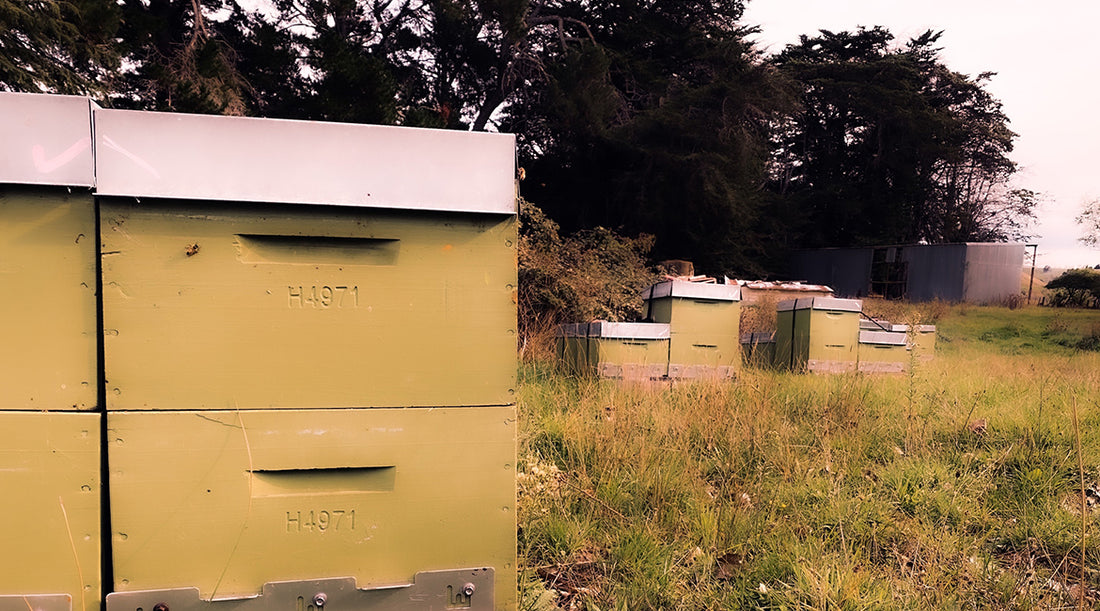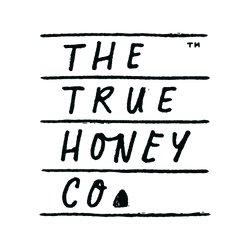
Each year, the big events on our beekeeping and honey-making calendar are the Manuka flowering period and then (the best bit!) the Manuka honey harvest. But many of you curious honey lovers want to know what happens for the other six months of the year.
Through field experience and research into issues that cause winter colony loss, The True Honey Co. has developed and enhanced practices that support the survival rates of bees over winter.
As our hives come off Manuka blocks in late summer (usually March) our stripy pals get a full health check to make sure they’re fit as little fiddles after a summer of industrious nectar gathering. Our beekeepers also take a close look at the wellbeing of each hive’s Queen, and rate the hive’s honey, pollen stores and overall ‘vigour’. This bee’s eye view lets our beekeepers know whether existing food stores can sustain the colony over autumn and give the bees enough energy to harvest nectar and pollen in preparation for winter.
If a hive needs some extra support over the chilly months, we provide food supplements that give bees the balance of energy and nutrients they need for a healthy gut (yes, bee tums are tiny, but vital to making honey) and overall wellbeing.
Location is everything. So when the weather gets colder, we move hives to sunny, sheltered sites that have naturally abundant supplies of water, pollen and nectar. This gives our bees a relaxing holiday, where they can catch up on their reading or enjoy a friendly game of basketball. (Not really, just wanted to see if you were still reading.)
Also in autumn – as part of our disease management strategy – we make sure all hive-ware is clean, in good condition, watertight and that ventilation ports are clear. This means bees can maintain the optimum internal hive moisture and temperature levels. Our beekeepers clean off any surplus wax that might be restricting airflow inside the hive or hiding nasty little parasites.
Ageism is not just a Hollywood phenomenon. It’s rife in the beehive too, and any queen that shows signs of age or weakness (after 2-3 years) will be rejected by her colony. Before that happens, we provide some hives with new healthy new queens that have excellent potential for egg laying and a clean disposition.
The True Honey Co. is committed to a high beekeeper to hive ratio. What this means is that our beekeepers can check in more often over the winter so our colonies don’t fall victim to cold temperatures or dampness. We’ve identified that the general practice of leaving bee hives closed over the winter period is almost committing some colonies to failure. So we leave hive entrance doors open just a crack, (1cm) to conserve heat and help the guard bees defend the hive against threats like the German Wasp and honey loving mice.
And why do we go to so much trouble to care for our bees over the autumn and winter? Because through experience, we know that the stronger each colony is through this period, the better able our whole bee population is to survive and thrive throughout its challenges. And that’s better for us humans too.

